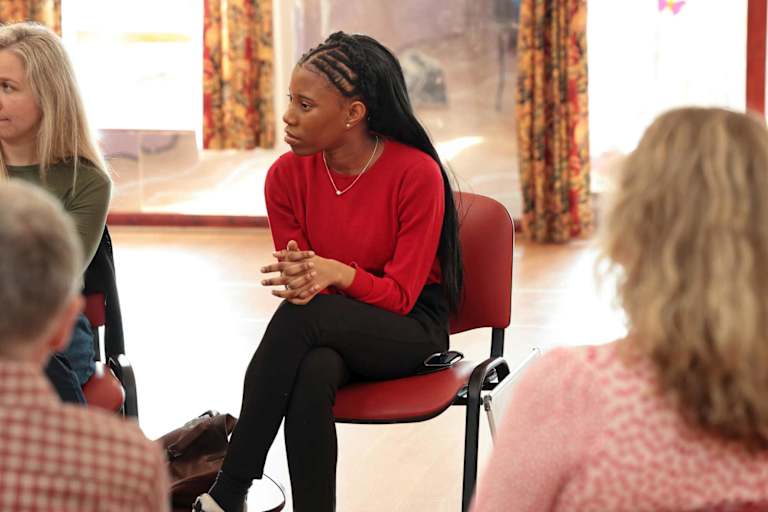Psychology Degree & Career Guide
What Is Psychology?
Psychology is an academic and clinical discipline focused on understanding and influencing behaviors. Psychology is an expansive field, with many different branches that students can study and in which professionals can find work. Some of the larger subdisciplines include behavioral, counseling, and clinical psychology.
Psychology in the Classroom and Workforce
Many people enjoy studying and working in psychology as it allows them to interact with many different types of individuals and better understand the intricacies of mental and emotional health. Individuals can select from various careers in psychology based on both their interests and the degree level they plan to attain.
Those who earn a bachelor’s or master’s in psychology can choose from many different well-paid and in-demand jobs focused on research, administrative, and counseling positions. Psychologists who hold licensure must complete a doctoral degree.
Frequently Asked Questions About Psychology
Psychology is considered a social science, meaning that it differs from physical sciences like chemistry or biology. Social sciences such as psychology, political science, sociology, and anthropology look to understand human behaviors and the constructed world.
Psychology uses similar methods to both the natural sciences and humanities, including quantitative and qualitative data collection and analysis.
Psychology can be a great academic pathway for those who want to work with people to help them better understand their emotions and mental health. Good jobs exist for psychology students at every academic level, making it a popular major for students who want a lot of professional options after graduating.
Even if someone does not want to work specifically in the psychology sector, the skills gained in these degree programs transfer well to a variety of different industries and positions. Many sectors rely on an understanding of human nature and behavior for targeted insights, meaning psychology graduates possess many in-demand talents.
Psychology degree programs at every academic level can help students develop transferable skills. However, the types of jobs graduates qualify for vary based on whether they possess a bachelor’s, master’s, or doctorate.
Those with a bachelor’s degree in psychology may decide to work as market researchers, sales managers, or marketing directors using their knowledge of human motivations. Earning a master’s degree provides the training needed to work as marriage and family therapists, counselors, and other mental health professionals in clinical roles.
Earning a doctorate in psychology qualifies individuals to call themselves psychologists and work in clinical, counseling, research, and academic positions. For most clinical and counseling positions, licensure is also required.
The answer to this question depends on what an individual wants to do in their career. Those who want to work as marriage and family therapists, for instance, must hold a master’s degree in psychology and licensure to practice. Many counseling roles also require a master’s degree.
Those who want to work as school psychologists or counselors must earn a master’s degree due to provide counseling services to K-12 and university students. In some states, additional certification in education is required. Some individuals may decide they want to be more on the administrative side and pursue roles as social service managers or human resources managers.
Whether or not you need to earn a doctorate in psychology depends on whether you want to call yourself a psychologist and the type of work you want to pursue. If you want to call yourself a psychologist or do clinical or assessment work, you need a doctorate. Those who want to pursue counseling or clinical positions typically pursue a Psy.D., while those interested in research and/or academia pursue a Ph.D.
These programs typically take 4-7 years to complete. In addition to coursework, students must also research and write a dissertation on an original topic, complete 3-4 years of clinical practicum experience, and finish a year-long internship.
Our Editorial Policy and Standards
Accuracy and editorial integrity are just a few of the values we at BestColleges pledge to uphold for the students who rely on us. We are committed to providing students with the educational resources they need to achieve their goals.


















